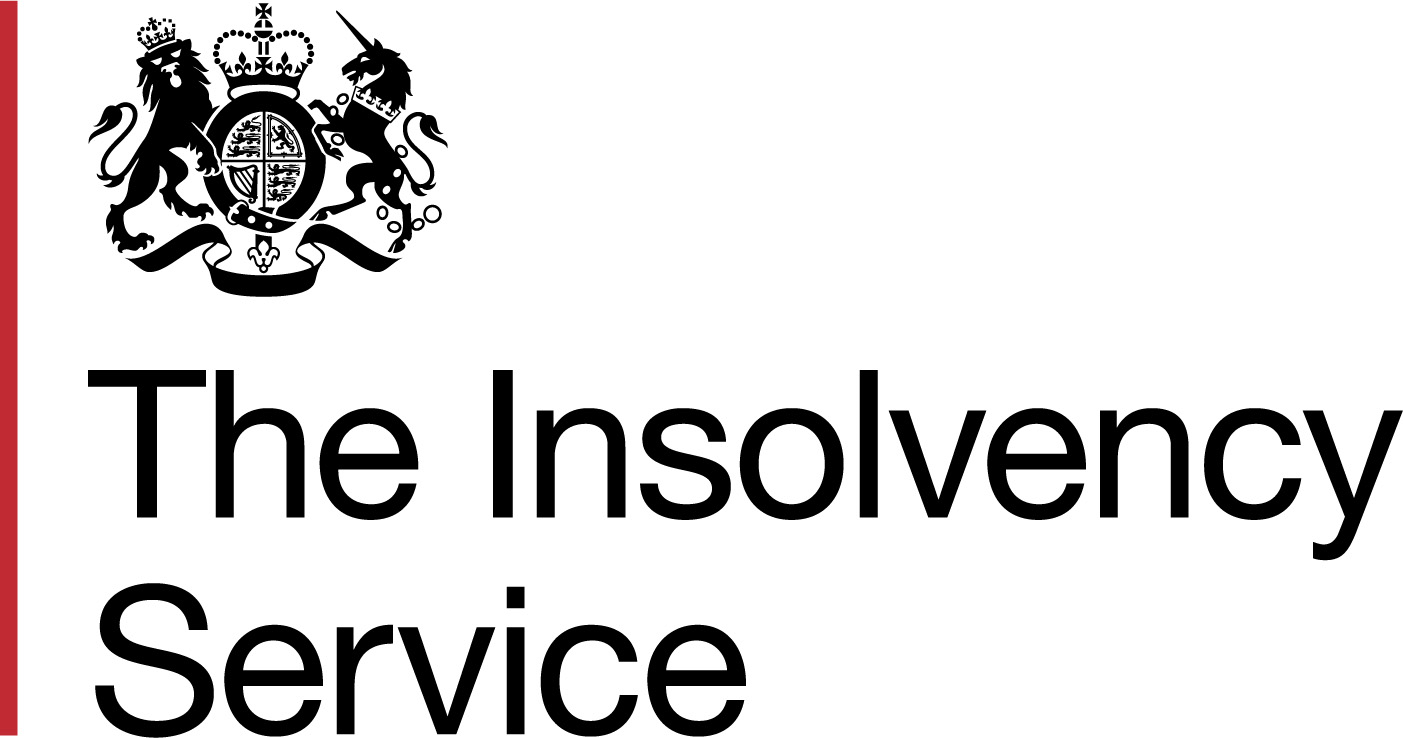EO/B1 Digital Forensic Technician, Stratford (London)
Insolvency Service
Apply before 11:55 pm on Sunday 17th November 2024
Details
Reference number
Salary
Please note that negotiations for the Insolvency Service 2023 and 2024 Pay Awards are still ongoing. We will update this information in future adverts once the pay awards are finalised.
Job grade
Contract type
Business area
Type of role
Working pattern
Number of jobs available
Contents
Location
About the job
Job summary
The Forensic Computing Unit (FCU) is responsible for the capture and preservation of digital evidence seized or acquired by the Insolvency Service. This includes the collection of evidence on site, forensic examination of any items seized or received from third parties.
As a Digital Forensic Technician, you will be required to carry out a number of tasks on day to day basis. Your workload can include forensic imaging, working with Investigators/Examiners, validation and testing, reporting clear and concise details of progress and findings to the investigative teams.
The Insolvency Service is a leading Government agency which plays a crucial role in providing essential services to the public and to business. The work we do is important to the proper functioning of markets, the economy in general and support for thousands of people each year who are in financial difficulty.
Inclusive and diverse teams are important to us. We welcome and encourage applications from everyone, including groups underrepresented in our workforce. The Insolvency Service strives to ensure that the agency is a safe, inclusive and welcoming place for everybody to bring their true self to work and to help the agency to achieve its diversity objectives. We have 10 active employee network groups available to join or become an ally, these include, Carers Network, Disability & Health, FACES Network Group, Grass Roots, LGBT+, Mind Matters, No Limits, Part Time Workers, The Shed, and Women’s Network Group.
We offer full-time, part-time, job share and flexible ways of working. We value capability, technical skills and experience and we place great emphasis on lifetime development to support our people. We encourage our employees to become more involved in areas they feel strongly about, whether it be for the benefit of the agency, though our Engagement network or in their own local communities via volunteering opportunities.
The Insolvency Service is a great place to work, learn and grow your career!
Job description
The Forensic Computing Unit (FCU) provides digital forensic support and services to investigations teams across the Agency and plays a key role in ensuring that digital data is recovered and captured in such a way as to make sure that investigation decisions are based on data which is evidentially sound. The post is based at our Forensic Computing Laboratory in Stratford. Conducting Digital Forensic investigations/tasks in a professional manner with the minimum of supervision in order to produce usable data for investigations/investigators. This will include supporting investigations on-site at locations such as business premises, search warrants, and Courts.
Responsibilities:
- Assist with the acquisition of digital evidence in accordance with Insolvency Service procedures, compliant with the Statutory Forensic Regulator’s Codes, and ISO 17025.
- Undertaking forensically sound capture and preservation of computers, servers and cloud systems, both on and off site.
- Perform additional analysis on data to extract potential evidential information.
- Maintain evidence management and investigator records to ensure that the continuity and integrity of material is preserved in accordance with Insolvency Service procedures and ACPO/NPCC guidelines.
- Maintain and test laboratory systems.
- Produce written reports and statements for acquisition and analysis work undertaken for final approval by supervising FCU staff.
- Attend training courses to fulfil the functions of the role and putting the knowledge acquired into practice.
- Assisting on Insolvency Service Search Warrants and supporting on-site investigations.
- Maintain and develop knowledge of Digital Forensic practices and procedures.
- Maintaining and updating procedural documentation and contemporaneous notes.
- Assisting on eDiscovery projects for the wider INSS.
- Giving evidence in court as to the procedures followed in particular cases and assisting in the exercise of search warrants when required.
The post holder will also be required to undertake some administrative tasks, as required by the Manager of the Unit.
Person specification
Essential Criteria:
- A Degree (or similar) in Digital Forensics/similar technical subject and/or demonstrable experience working in a Digital Forensic Lab.
- A good understanding of digital forensic principles and technologies, including awareness of ISO17025 standards and how it applies in digital forensics.
- Good knowledge of digital media, operating systems, storage, and devices.
Desirable Criteria:
- Experience of working within law enforcement or a regulatory Digital Forensics Unit.
Qualifications
Behaviours
We'll assess you against these behaviours during the selection process:
- Making Effective Decisions
- Delivering at Pace
- Working Together
We only ask for evidence of these behaviours on your application form:
- Making Effective Decisions
Technical skills
We'll assess you against these technical skills during the selection process:
- Display knowledge on digital forensics
Benefits
We want you to have a good work-life balance and want to support you in all that you do, so we offer a great benefits package including:
- Flexible working arrangements and flexi-time.
- Full time new entrants to the Civil Service and those Civil Servants on modernised terms and conditions will be entitled to 25 days leave increasing on a sliding scale to 30 days after 5 years’ service.
- In addition to this you are entitled to 8 public/bank holidays plus an additional day of privilege leave.
- Competitive maternity, paternity and parental leave.
- 5 days paid leave for learning and development.
- 5 days paid for volunteering.
- A Cycle to work scheme.
- Staff have access to an employee assistance programme, Workplace Wellness, for confidential, independent support and advice during difficult times in either their professional or personal life.
- A Civil Service Pension with an average employer contribution of at least 28.97%.
Your pension is a valuable part of your total reward package where the employer makes a significant contribution to the cost of your pension. Your contributions come out of your salary before any tax is taken. This means, if you pay tax, your take-home pay will not be reduced by the full amount of your contribution; and your pension will continue to provide valuable benefits for you and your family if you are too ill to continue to work or die before you retire. For more information, visit www.civilservicepensionscheme.org.uk
Things you need to know
Selection process details
As part of the application process, you will be asked to complete a CV, and 750 word personal statement. Further details around what this will entail are listed on the application form.
Your personal statement should be no more than 750 words and should explain how you consider your personal skills, qualities and experience provide evidence of your suitability for the role, with particular reference to the essential criteria and our values within the person specification.
Should a large number of applications be received, an initial sift may be conducted using the lead behaviour, Making Effective Decisions. Candidates who pass the initial sift may be progressed to a full sift or progressed straight to assessment/interview.
We will test your ability, experience as part of the sift process, and if successful, you will be invited to a short interview where we will test your behaviours, technical skills and strengths. Full details of the selection process will be made available to shortlisted candidates once the sift has been completed.
Expected Timeline (subject to change)
Sift – w/c 04/11/2024
Interview – w/c 11/11/2024
Location - 16th Floor, 1 Westfield Avenue, Stratford, London, E20 1HZ
Candidates are asked to note the above timetable, exercising flexibility through the recruitment and selection process.
Further Information
A reserve list may be held for a period of 12 months from which further appointments can be made.
Any move to Insolvency Service from another employer will mean you can no longer access childcare vouchers. This includes moves between government departments. You may however be eligible for other government schemes, including Tax Free Childcare. Determine your eligibility at https://www.childcarechoices.gov.uk
If successful and transferring from another Government Department a criminal record check may be carried out.
In order to process applications without delay, we will be sending a Criminal Record Check to Disclosure and Barring Service on your behalf.
However, we recognise in exceptional circumstances some candidates will want to send their completed forms direct. If you will be doing this, please advise Government Recruitment Service of your intention by emailing Pre-EmploymentChecks.grs@cabinetoffice.gov.uk stating the job reference number in the subject heading.
New entrants are expected to join on the minimum of the pay band.
Transforming Workplaces
The Insolvency Service is currently delivering an exciting five-year transformation project that started in April 2022 which will define our future direction supporting a gradual migration to a Regional Centre model combined with smarter ways of working. As part of this, transforming our estate will align us with the government modernisation programmes making The Insolvency Service a great place to work.
We are letting you know about our future plans because if you are joining the Insolvency Service and are recruited into an office over the next five years that is not one of the Regional Centres, you will be expected to move to one of the Regional Centres in the future. This move would not attract financial assistance.
The 11 Regional Centres are : Birmingham, Cardiff, Croydon, Edinburgh, Exeter, Ipswich, Leeds, Manchester, Newcastle, Nottingham and Stratford.
Hybrid Working
Insolvency Service operates a hybrid working policy subject to business need, giving people the flexibility to choose when and where they work and collaborate with others.
Individuals are expected to work from one of the office locations stated in the advert to connect with their colleagues, as required by their role and business team needs. There is flexibility to split the working week, spending a minimum of 60% in the workplace, which includes the office, site visits, court etc.
Reasonable Adjustment
If a person with disabilities is put at a substantial disadvantage compared to a non-disabled person, we have a duty to make reasonable changes to our processes.
If you need a change to be made so that you can make your application, you should:
Contact Government Recruitment Service via insolvencyrecruitment.grs@cabinetoffice.gov.uk as soon as possible before the closing date to discuss your needs.
Complete the ‘Assistance required’ section in the ‘Additional requirements’ page of your application form to tell us what changes or help you might need further on in the recruitment process. For instance, you may need wheelchair access at interview, or if you’re deaf, a Language Service Professional.
If you are experiencing accessibility problems with any attachments on this advert, please contact the email address in the 'Contact point for applicants' section.
Feedback will only be provided if you attend an interview or assessment.
Security
Nationality requirements
Working for the Civil Service
We recruit by merit on the basis of fair and open competition, as outlined in the Civil Service Commission's recruitment principles (opens in a new window).
Diversity and Inclusion
Apply and further information
Contact point for applicants
Job contact :
- Name : Dominic Moore
- Email : dominic.moore@insolvency.gov.uk
Recruitment team
- Email : InsolvencyRecruitment.grs@cabinetoffice.gov.uk
Further information
They have been discriminated against under the Equality Act 2010.
There have been procedural irregularities at any stage of the recruitment process.
If you feel that your application has not been treated in accordance with the recruitment principles, and wish to make a complaint, then you should contact in the first instance: insolvencyrecruitment.grs@cabinetoffice.gov.uk. If you are not satisfied with the response that you receive you can then contact the Civil Service Commission.
All complaints must be received by the contact point for applicants within 24 hours from the date the applicant is advised of their non-success at sift, assessment or interview. Complaints will be considered by an independent third-party outside of the recruitment campaign. The decision will be conveyed to the applicant, in writing, within 5 working days of receipt of the complaint. The recruitment process will usually be put on hold until the complaint has been resolved.
Complaints may also be made to the Civil Service Commission at any time if the individual believes their application has not been treated in accordance with the recruitment principles (appointment on merit through fair and open competition). However, complaints must first have been raised with Government Recruitment Service.




